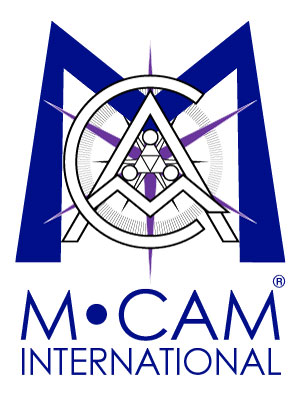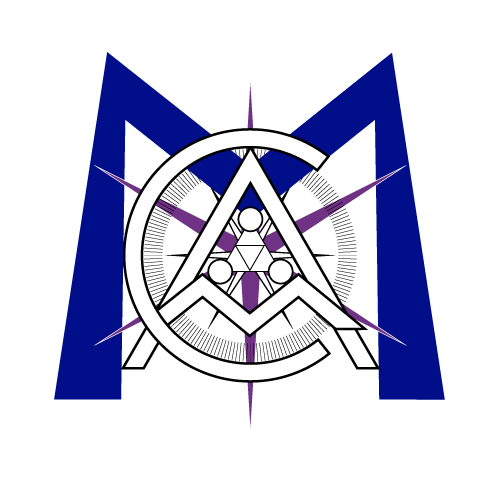Value judgment: Firm places price tags on intangibles
Date: Sun, 2000-01-23
By: Reed Williams Daily Progress Staff Writer January 23, 2000 Dave Martin looks at the world a little differently than most. He sees a sea of unrealized, undervalued intellectual property in businesses all over the world. And he wants to drag a net across this ocean, put a price tag on the catch and turn a profit on what he gets his hands on. Martin, the founder and chief executive officer of M·CAM Inc., has developed what may be the first systematic value-determination model for intellectual property. Martin’s prototype allows him to put a price on “intangibles” such as copyrights, patents, trademarks, formulas and processes and employ that appraised value as a “concrete” asset. His 2 year-old brainchild recently enjoyed international recognition. M·CAM was featured in the January issue of Inc. magazine, a business publication with circulation of 660,000. Martin, 32, told a monthly Charlottesville Venture Group meeting Tuesday that he had received between 80 and 90 e-mail from all over the world — including New Zealand, Switzerland and South Africa — since the Inc. article appeared. “The thrill is that people have latched onto the magnitude of the business,” Martin said later in an interview. “An awful lot of people get excited that it’s generating revenue and making money.” He said he has had several offers from organizations looking to take M·CAM public, but added that he’s waiting for the right time, that he’s in no hurry to ride into the public arena on excitement alone. M·CAM, based in downtown Charlottesville on East Market Street, was spun off from Martin’s Mosaic Technology, Inc., a firm that helps companies through their initial development process and taking their concept or technology into the commercial marketplace. The parent company, which is housed under the same roof as M·CAM, “is dwarfed by what M·CAM is doing,” Martin said. When an entrepreneur goes to a bank for a loan, the bank requires collateral — something of value that the bank can take if the borrower fails to repay the loan. If there appears to be no such guarantee, the bank typically refuses the application. This is where M·CAM comes in. The bank can turn to M·CAM, which, for a fee, establishes the value of the entrepreneur’s concept, design or model, and then recommends in favor of or against the loan. This way of thinking — putting a price on an abstraction — might draw puzzled looks from traditional bankers. “How does one value an intellectual asset?” said Gene Culligan, a vice president and commercial lending officer for First Virginia Bank — Blue Ridge in Charlottesville. “I don’t know how you value it. Whether that’s the reality, there’s no way of telling.” But bankers don’t have to, because M·CAM gives banks reassurance: It backs its appraisal with cash, agreeing to buy the asset from the bank if the entrepreneur defaults on loan payment. In such cases, M·CAM would seize the intellectual property and then look to license it, sell it, or otherwise cash in on its value. Martin told Inc. magazine that although M·CAM can make money on bank fees alone, bigger revenue will come from the assets it gains through loan defaults. M·CAM’s valuation process begins with a traditional appraisal, Martin said. The company then sends the asset through a “filtering process” to consider its potential performance in different markets and sectors over time. The process is currently 80 percent computerized, Martin said, adding that he hopes to have it 90 percent automated by April. By helping business people, bankers and investors better understand the value of intellectual property, M·CAM “is going to bring a whole new type of capital into this marketplace,” said J. Benjamin English, a partner of LeClair Ryan, a Richmond-based corporate law firm that is active in venture capital finance. M·CAM is a client of the law firm, which opened a Charlottesville office in October. Martin is looking to move deeper into the multibillion-dollar market of high-tech finance by increasing the volume of intellectual property deals M·CAM handles and by building strategic partnerships with insurance companies to help offset the risk associated with purchasing obligations. M·CAM has grown from four to 12 employees in the last month, Martin said. He anticipates hiring between 12 and 15 more people by mid-February. The company will be moving personnel into additional office space across the street in the first week of February, he said.


Sorry, the comment form is closed at this time.